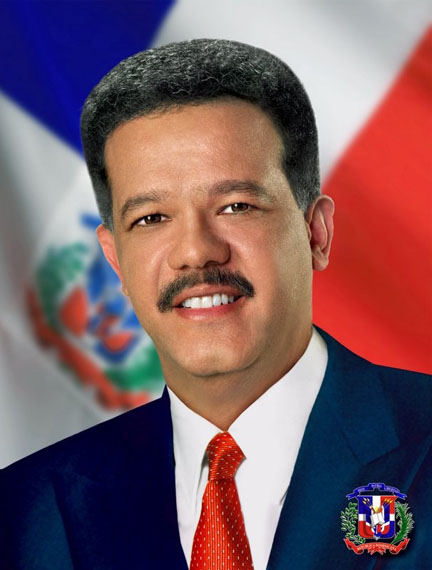 |
| The National Palace http://maxwellreyes.com/wp-content/uploads/2011/03/Dominican-Republic.jpg |
The country's official government type is a democratic republic, meaning the power lies within the people, like a democracy. However, it is also a republic, meaning those people also have control over the ultimate governing force.
1215.org explains the one difference between a democracy and republic:
"A republic and a democracy are identical in every aspect except one. In a republic the sovereignty is in each individual person. In a democracy the sovereignty is in the group."
The chief of state and head of government positions are both held by the president, Leonel Fernandez Reyna and he has held this position since August 16th, 2004. Like the United States, the Dominican Republic has three branches of power: executive, legislative, and judicial. The President, also like the U.S., is elected for 4-year terms. The national legislature is composed of two chambers: the 32 members of the senate and the 178 members in the Chamber of Deputies. Lastly, the judicial authority is composed of 16 members. In Dominican Republic's 31 provinces there is a single governor, appointed by Leonel Fernandez Reyna (Wikipedia).
 |
| President Leonel Fernandez Reyna http://news.brown.edu/files/article_images/Fernandez.jpg |
There is serious political turmoil in the Dominican Republic right now and much of it stems from the problem of "colorism". A quote from the article I found says, "...in the Dominican Republic the cause is the consequence: you are black because you are Haitian; you are Haitian because you are black."
This hurts people of African descent in the Dominican Republic because it forces people to forget their past. Living in the United States and being surrounded by the Hamilton College community in the 21st century leaves me in disbelief when I first read this article. At first, I couldn't believe countries are still dealing with skin color at such a large scale.
If you are born in the United States, you are a United States citizen. If you are born in the Dominican Republic, this is not the case. One might argue that anti-Haitianism played a major role in the Supreme Court's decision on December 2nd, 2011 to deny citizenship to children of Haitian parents born in the Dominican Republic.
If you'd like to read more about this highly confrontational issue within the island of Hispaniola, please read this article below:
http://blackagendareport.com/content/dominican-republic-hates-black-people
Another article/interview I found online is titled "President calls for Haitians in the DR to return home".
http://www.defend.ht/politics/articles/presidential/2662-haiti-president-martelly-receives-dominican-newspaper-at-national-palace
SOURCES
1. http://www.1215.org/lawnotes/lawnotes/repvsdem.htm
2. http://en.wikipedia.org/wiki/Dominican_Republic
3. https://www.cia.gov/library/publications/the-world-factbook/geos/dr.html